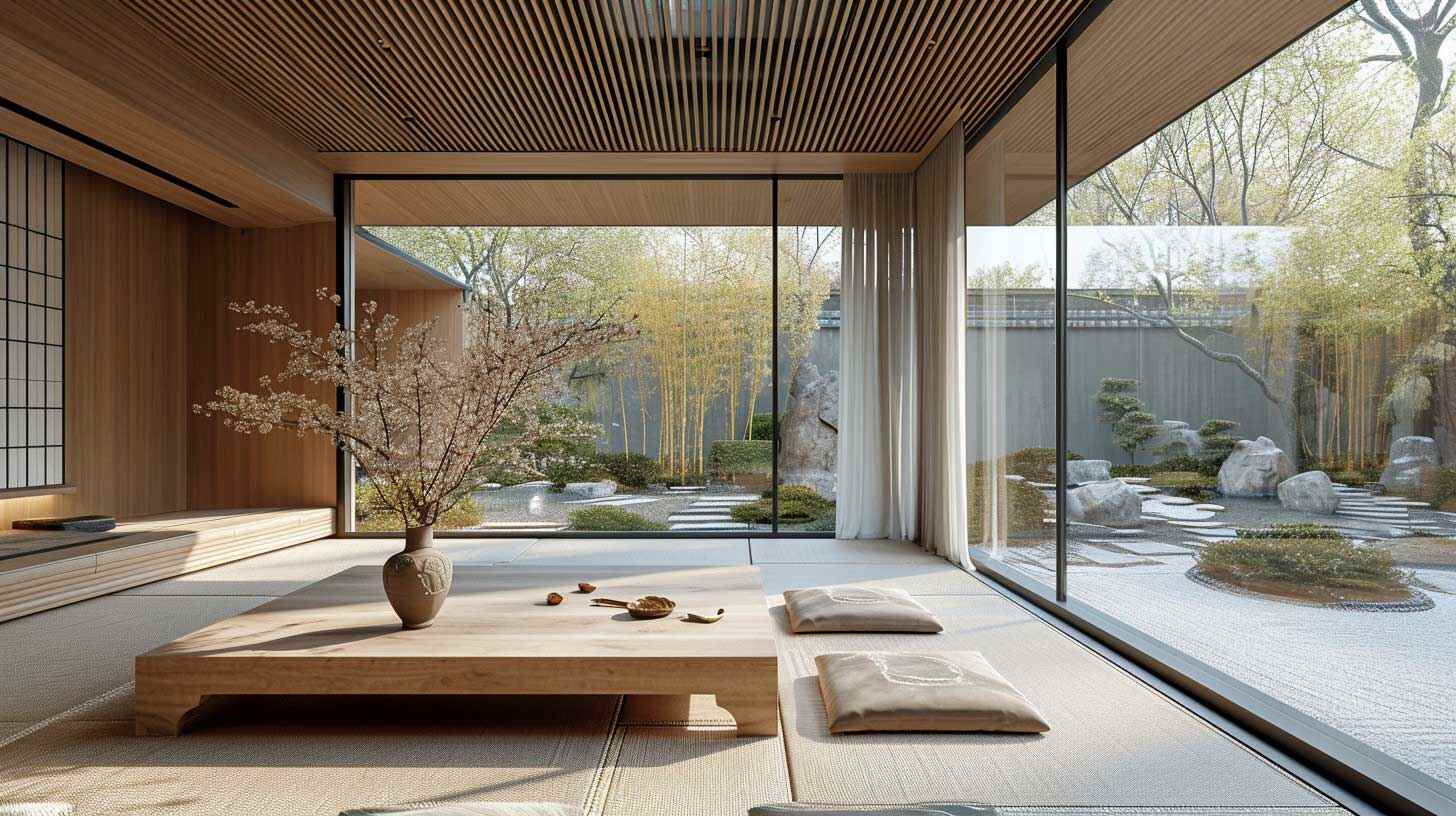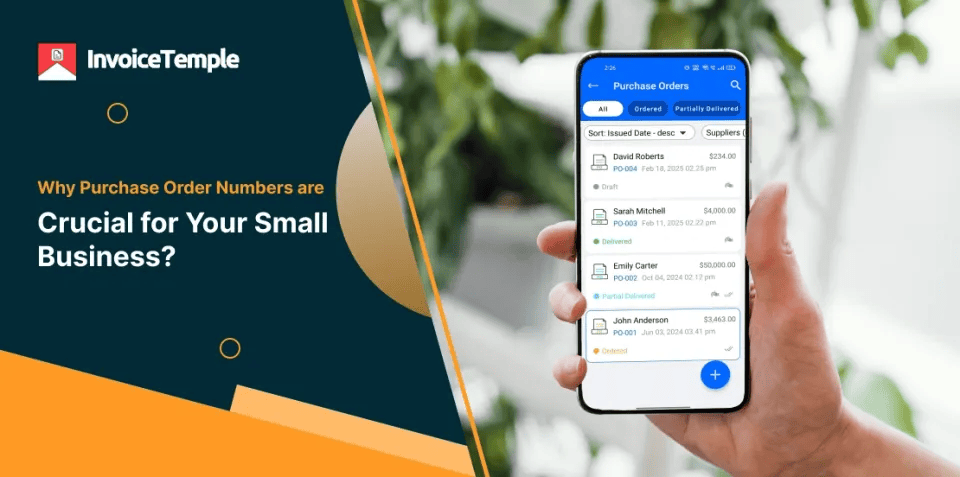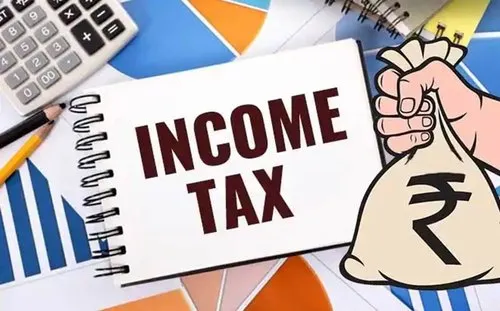Minimalist Living How to Declutter and Simplify Your Life
Many people find themselves too tangled in the webs of modern consumerism, technology and work. Life in the fast lane without any time to spare for appreciation… it is at such instances that the minimalist lifestyle comes into play. Adopting a minimalist shift goes beyond visual appeal, it is a way of life that encourages order, liberation and self-awareness. Below is a step by step guide to help you get rid of the unnecessary and create room for things that are more significant.
What is the Concept of Minimalism
The core idea is to remove everything that may be considered excessive and focus on items which you find useful and bring satisfaction. It isn’t necessarily a case of owning less but living less in a more defined sense. Allow yourself the right sort of boundaries, both physically and mentally so that you allow for moments of growth, creativity and most importantly the right sort of memories.
- Your Home is Your Sanctuary: Steps on How to Clean Your Abode
- One Thing At A Time: The easiest way to go about reducing the clutter is to break it down. Start off with one section of the house, it could be a drawer or even a cupboard. This will help you stay motivated.
- Keep, Donate, Discard: When using the clean, donate, throw method. You would first want to keep items that bring joy, leave items in a good state that can be passed on and then finally dispose off items that cannot be used.
- Understand Necessity: Try to understand the worth of every single thing that is in your possession. Does it have a function? Is it of help? Are you able to derive pleasure from it? This way of thinking allows you to make more deliberate choices concerning what to retain.
- Streamline: Settle on categories of things that you wish to retain, and arrange them in a manner that enhances access and reduces clutter. Go for design and aesthetic items that provide storage and decor.
- Reduce Paper Clutter: If possible, convert a physical document into a digital one. Manage your bills, receipts, and other documents using apps to minimize paperwork.
Adjusting Your Schedule For Simplicity
- Prioritize Tasks: Engage in the most necessary of activities. A good way of organizing work is to prepare a list of things to do which is ordered according to the items that are more urgent. Avoid cramming your schedule with unnecessary commitments.
- Know When To Say No: Avoid over-indulging yourself. If an invitation or a task is not in your preferences or if time does not permit, it is totally ok to say no
- Create Routines: Build daily habits and set goals that will help to reduce the number of activities that you will need to do every day. Because recurring actions do not require much thinking, your systems allow you to effortlessly go through your day.
- Reduce The Amount Of Time Spending On Screens: Establish limits for how long the day will spend using electronics. The best approach is to check your emails or social media on a specific time and avoid being distracted every other minute.
Adopting Minimalism as a Way of Thinking
Mindfulness is the practice of staying in the present moment and also noticing and safeguarding what holds value and what is needed. Mindfulness fosters the present and the relation of value appreciation with the present moment.
- Focus instead on Experiences: We might sometimes wana own an item simply because its looked good on us but now owning that item becomes a factor of stress. memories involving travel, hobbies or spending time with our loved ones have much more value than materialistic possessions.
- Set Short Term and Long Term Goals: Deciding on the the other end ideally what sort of life you want to fulfil ultimately facilitates with the planning of how to reach there. Economic, Physical or even Mental wellness can become goals on that path and their clear definition can help those with intentions to declutter, through paths focused towards specific goals.
- Turning things into Policy: Always try to buy less, but focus on quality and robustness more. This in turn cuts down on pollution and removing the risk of disposables. Having items that are of higher worth and tenacity also in the sense overall reduction in the number of items one owns.
Retaining Minimalism:
- Frequent Declutters: If one strives to live minimally, decluttering around the goals of the said strategy is crucial. Doing so on a consistent basis will help in maintaining a minimal stance.
- Do not lose focus or zeal: Adverse incidents are likely to occur, but experiencing these while concurrently questioning the present day plan serves as a larger purpose.
- Reward Yourself: Accomplishing something that is contrary to your nature is a good thing and at the end of the day should be rewarded. It is these small parts that provide the satisfaction in life.
Conclusion
Choosing the cheap lifestyle gives room for an attitude shift. It means paying less attention to materialistic needs. This attitude can be a vital component of life enhancement. Start with baby steps and gradually build up your capabilities until living simply becomes a second nature to you. The perks are endearing.
Explore: Achieving Work-Life Balance: Essential Tips for a Harmonious Life



















